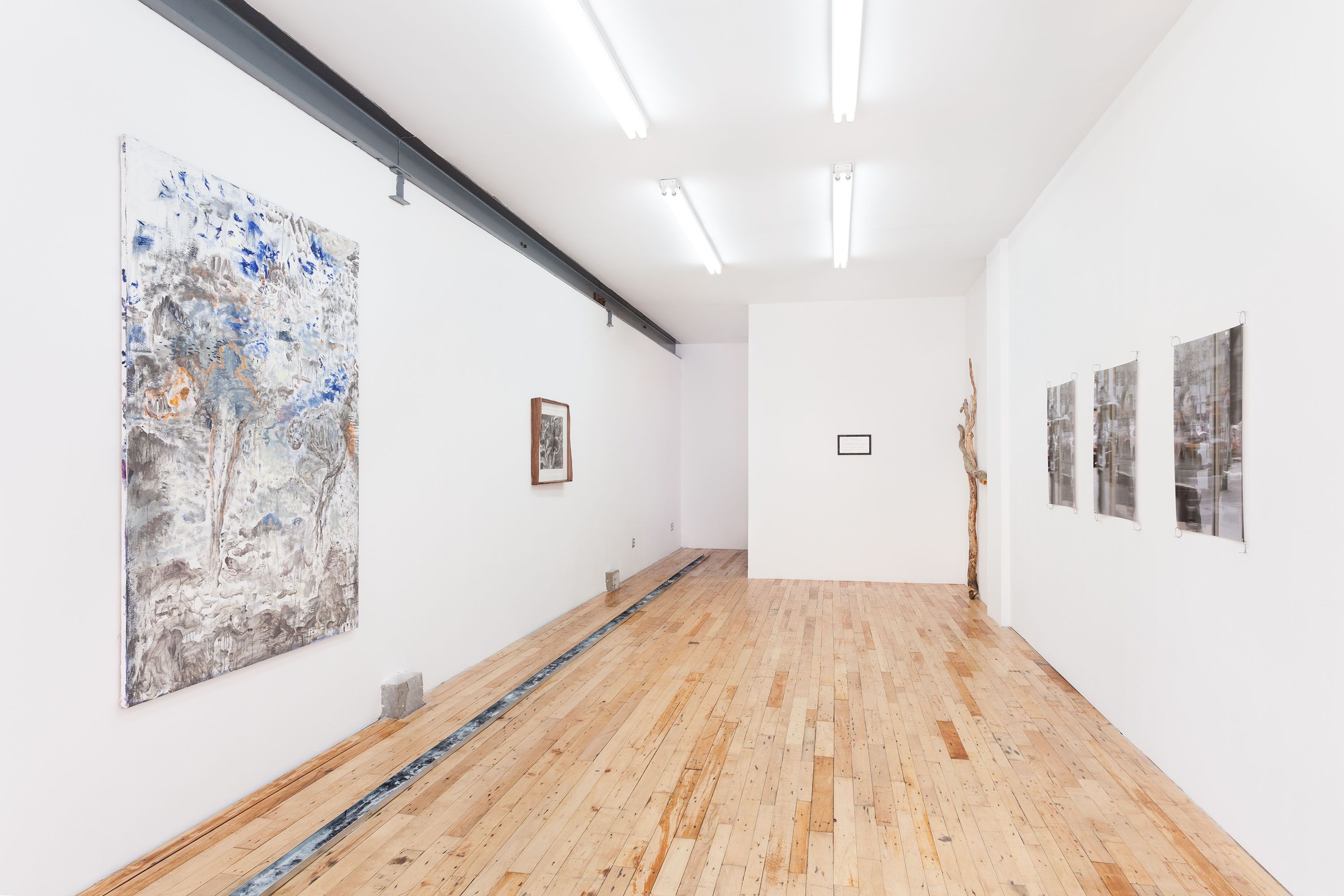
Keep your mind in hell, and despair not.
Staretz Silouan, 1866-1938
Silouan’s hell is the known and experienced hell of the physical and social world, the communicable hell that tells of suffer- ing. Speaking of hell is imbibing one’s vocabulary with the terms of the widest cast net – extrapolating from one’s personal hell, a word, extruding a shared experience. Silouan’s despair is the unhappiness of those that refuse this hell, thus refus- ing to face the root of one’s suffering, and who live, therefore, in the most static despair.
We must prefer real hell to an imaginary paradise.
Simone Weil, Gravity & Grace
Heaven on earth is a solitary experience, in that when relating your moment of heaven, you are relating an experience in which only you can be included, like stating “I am in total heaven right now.” This implies that you are in heaven, and while the actors and landscapes are serving to construct this heaven, is it not a heaven (your heaven) that they will experience. While heaven (the word) may be used to describe an exterior heaven – a social reality, a lived communal experience, a reflection in a storefront window, a robin’s nest, a dance floor – more often it is used to describe an interior heaven, one of social disengagement, a spiritual world (the world where words speak inside of you). But the gates to hell are always open. Hell and the exterior heaven are a collective experience, and as hyperbolic terms used to address suffering, sentiment, love, etc. it allows for us to discuss our subjective, local, lived experiences under the torn cloak of language handed to us by religion.
Dena Yago, 22 June 2014
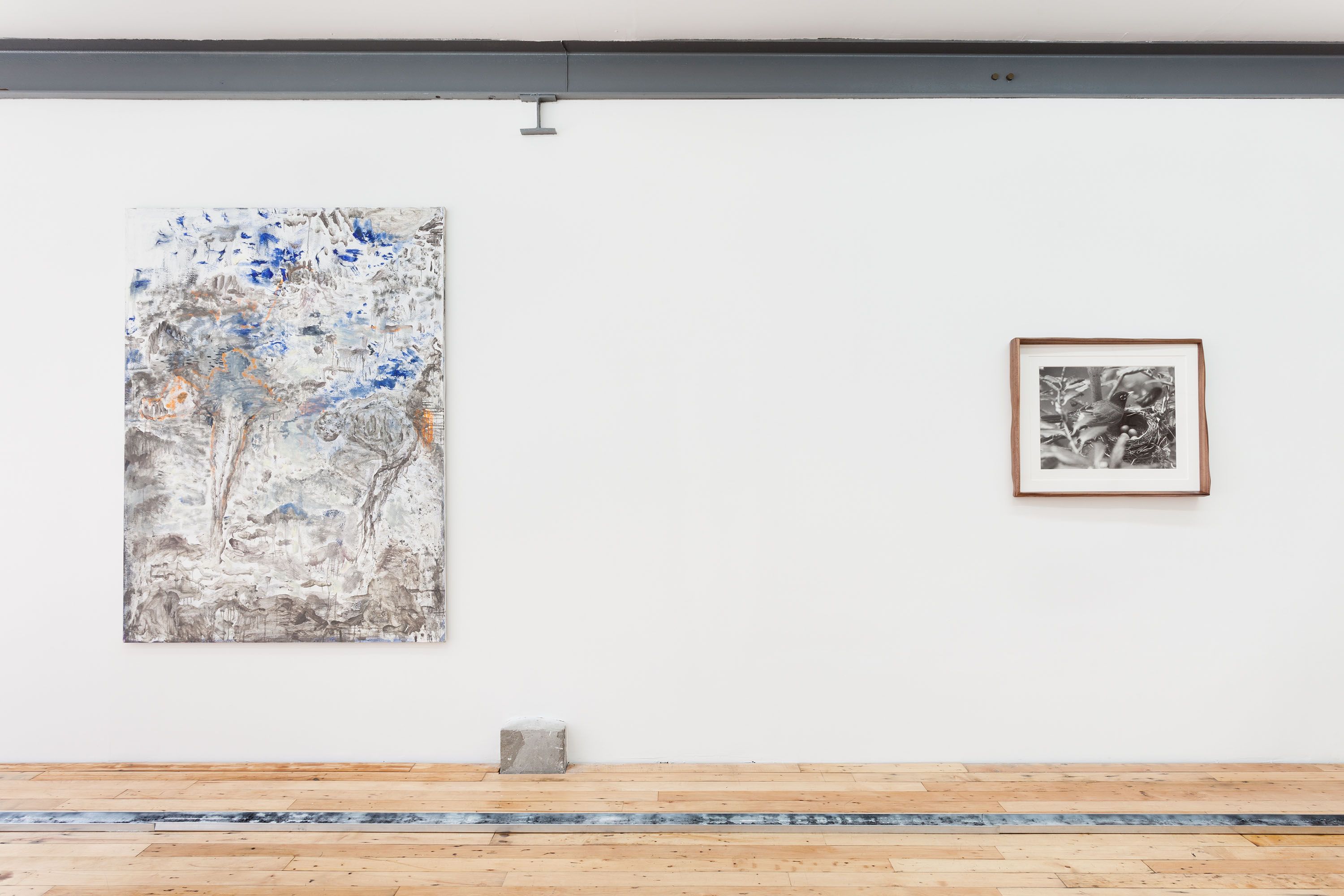
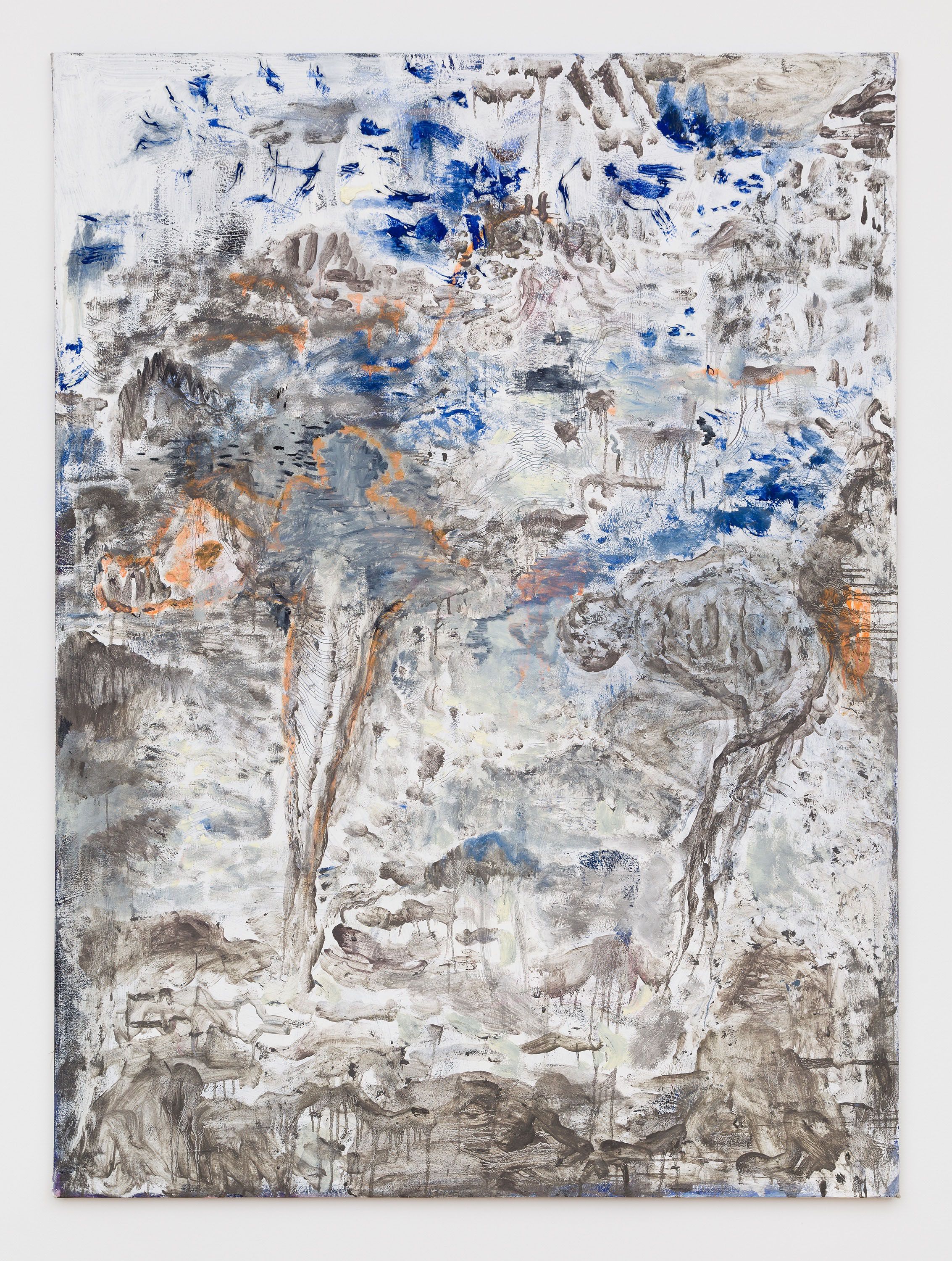
Bedren, 2012
oil on canvas
75 x 55 in
190.5 x 139.5 cm
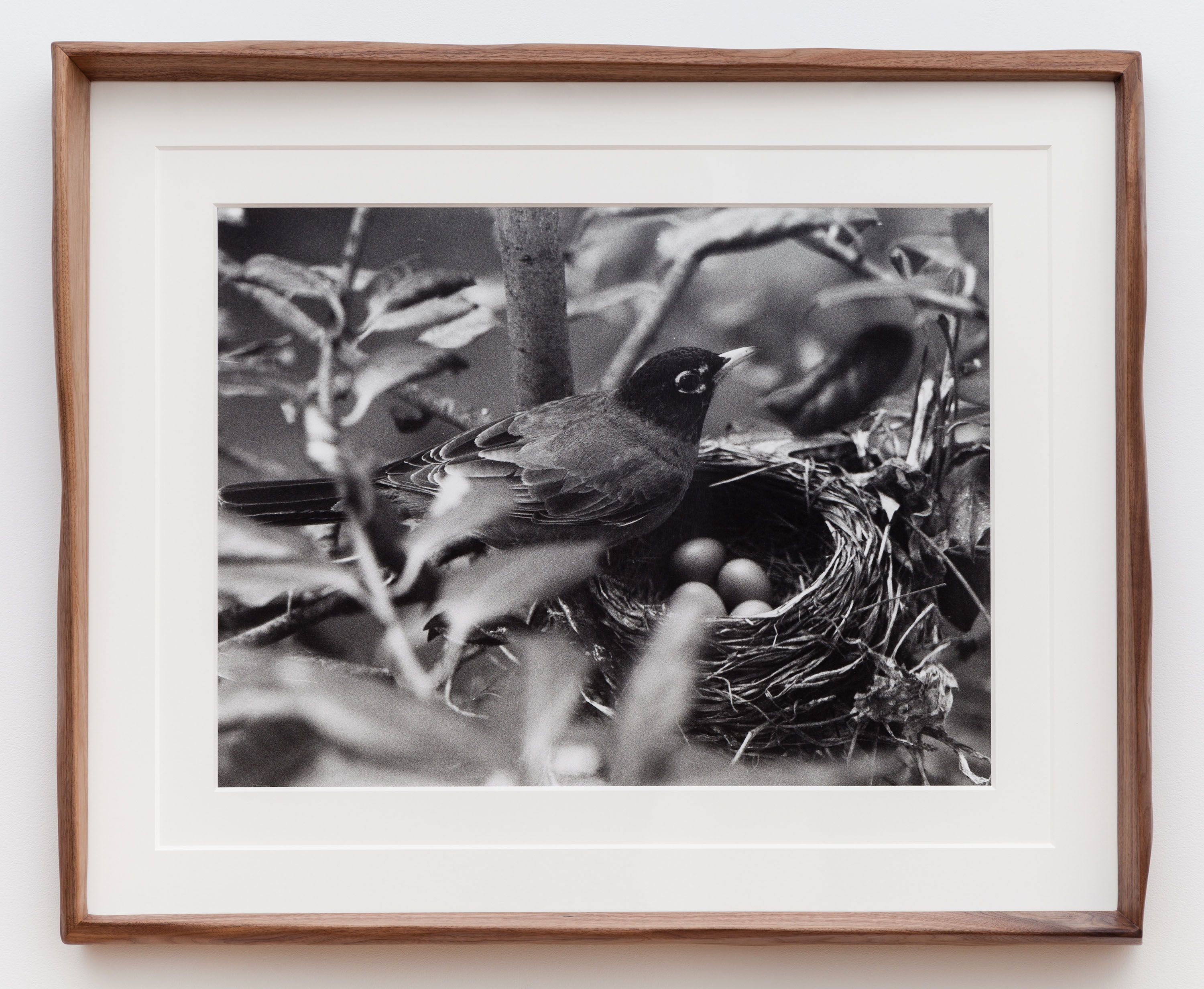
The Robin’s Nest, 2014
silver gelatin print, UV glass, wood, computer
27 x 33 x 4 in
68.5 x 84 x 10 cm
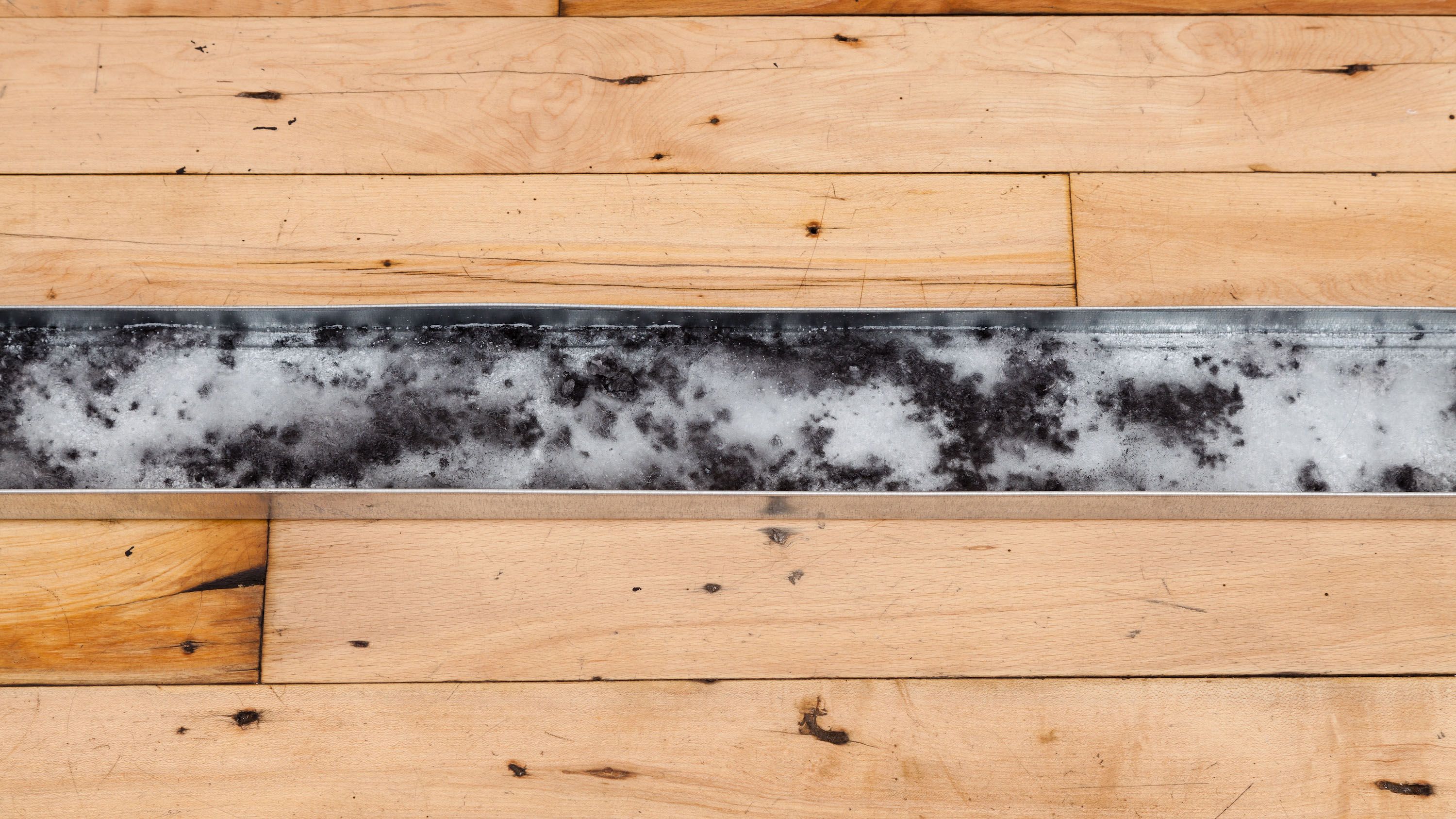
Column of Black Salt, 2014
black salt, epson salt, galvanized steel
3.5 x 120 x 1 in each
9 x 305 x 2.5 cm each
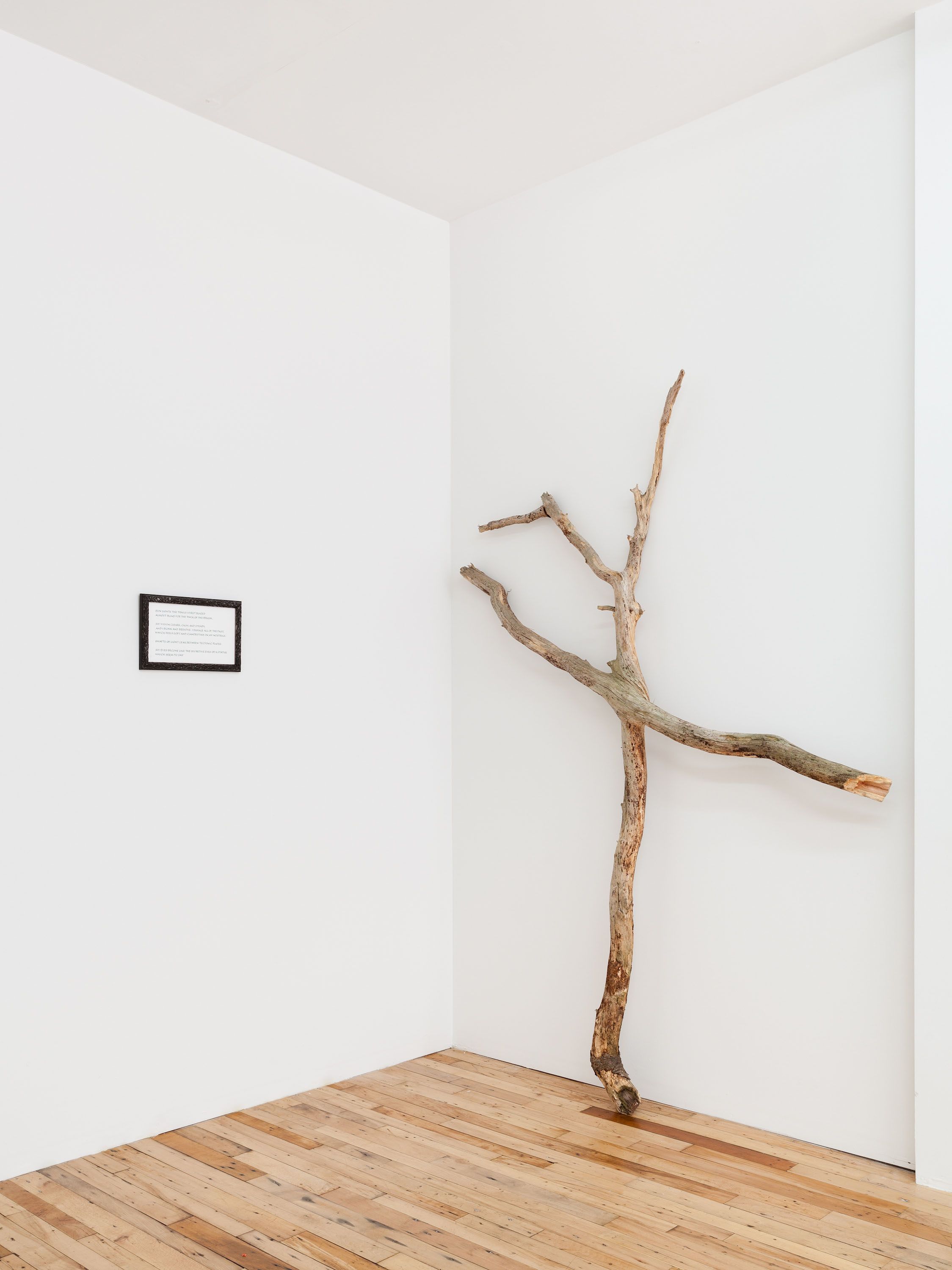
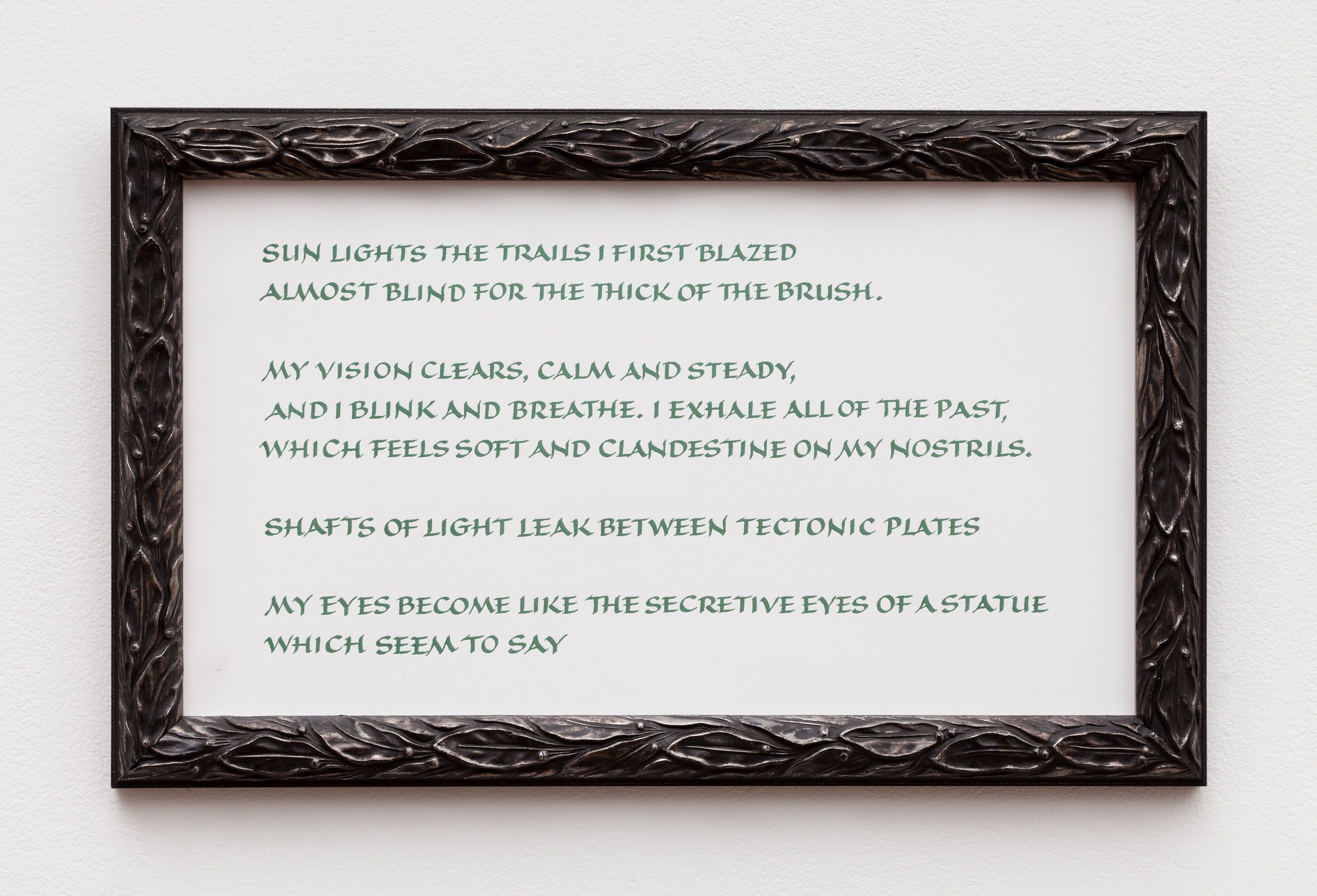
Eyes Of A Statue, 2014
letterpress print, poem, and frame
unframed: 7 x 13.5 in, framed: 9 x 4.5 in
unframed: 18 x 34 cm, framed: 23 x 11.5 cm

Not Yet Titled, 2014
wood
95 x 71 x 5 in
241 x 180 x 13 cm
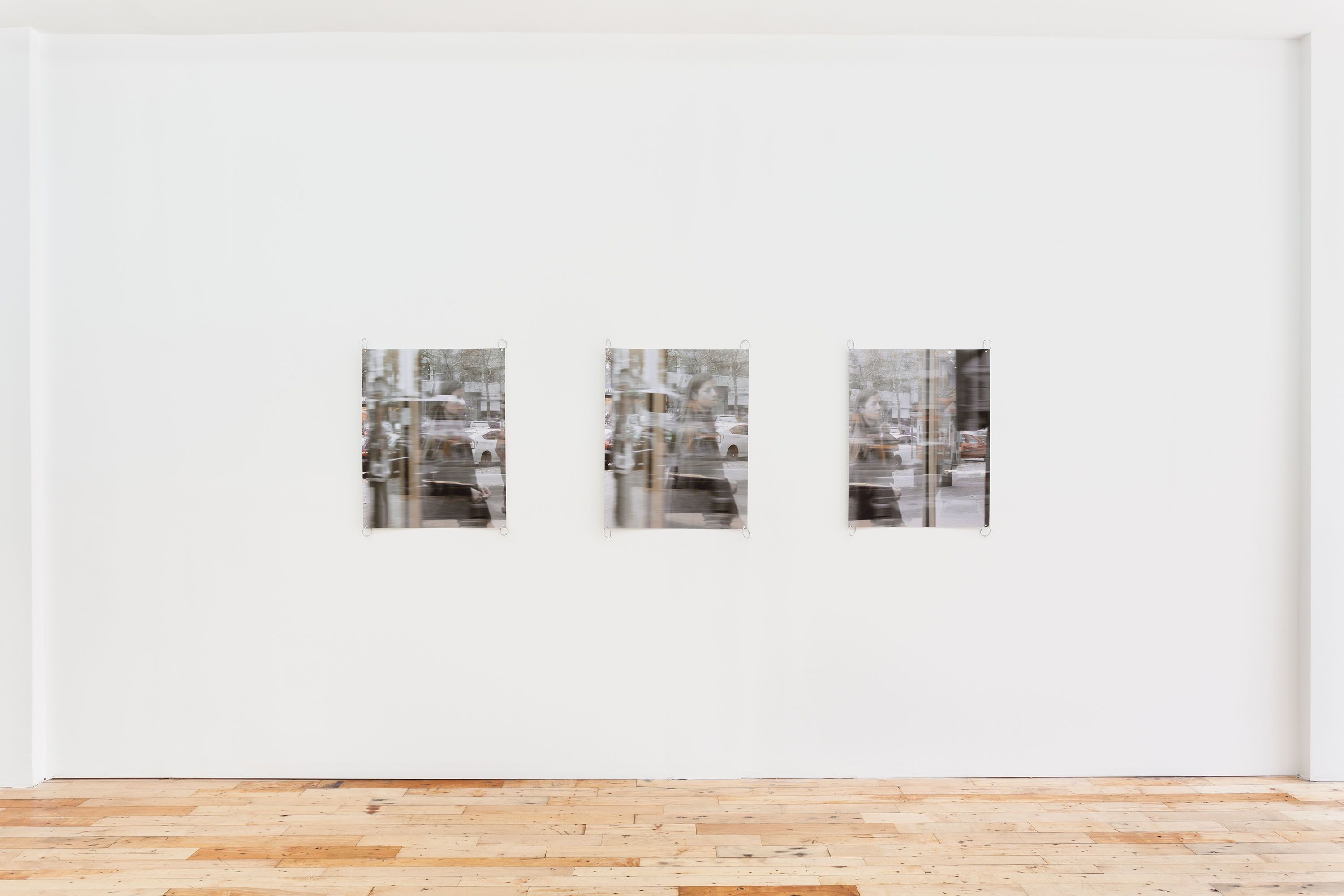
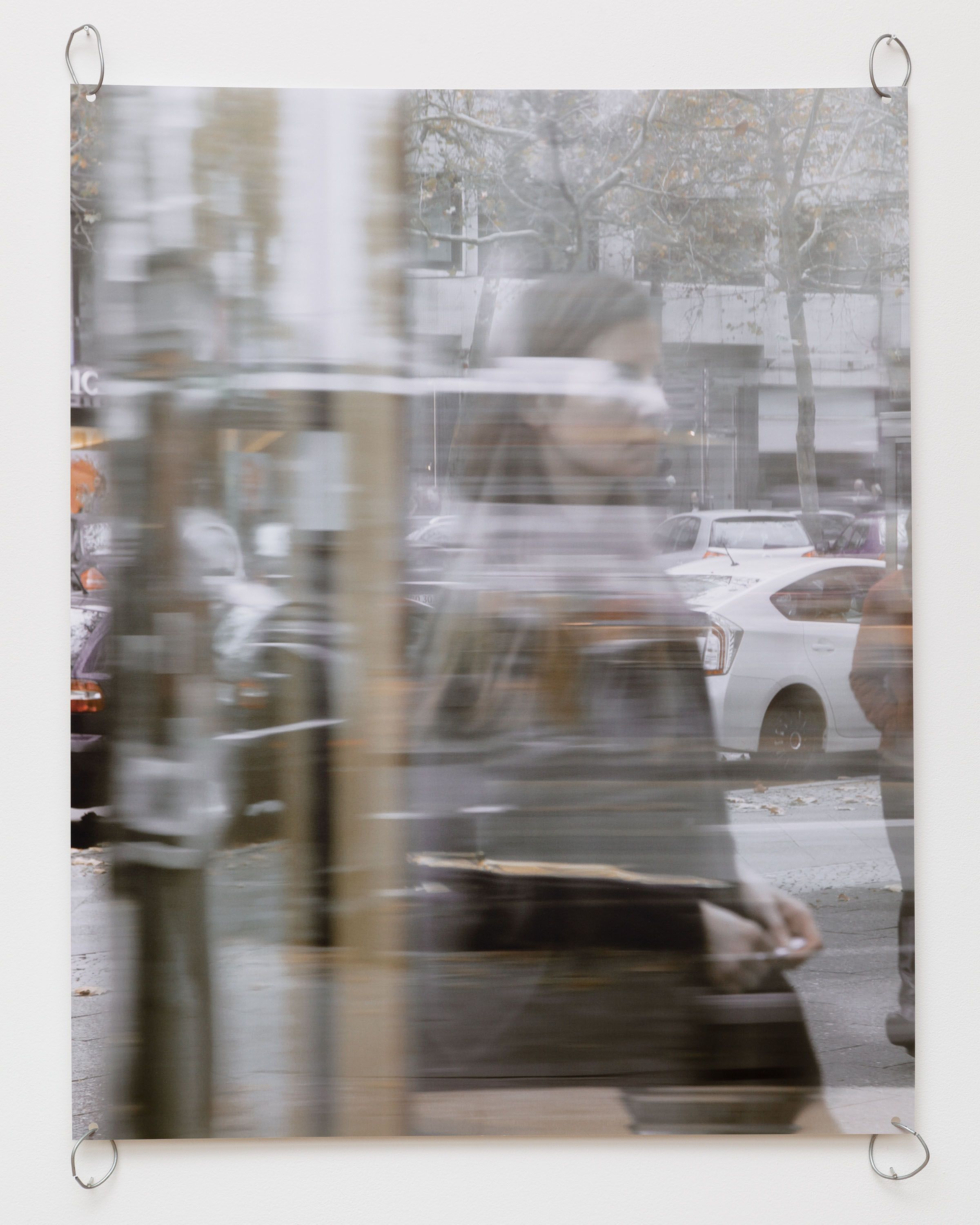
Untitled, 2014
digital c-print, galvanized steel
33 x 24 in
84 x 61 cm
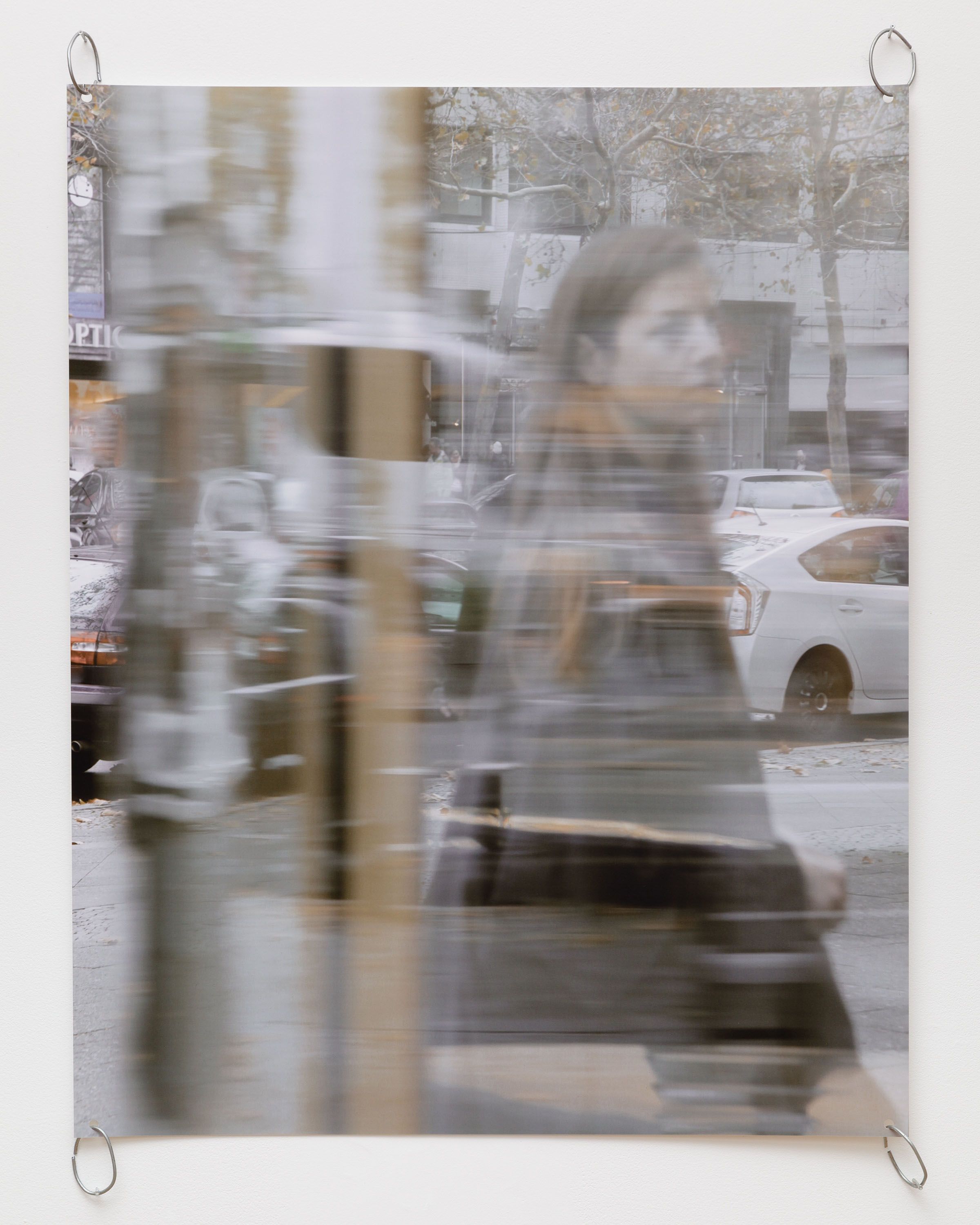
Untitled, 2014
digital c-print, galvanized steel
33 x 24 in
84 x 61 cm
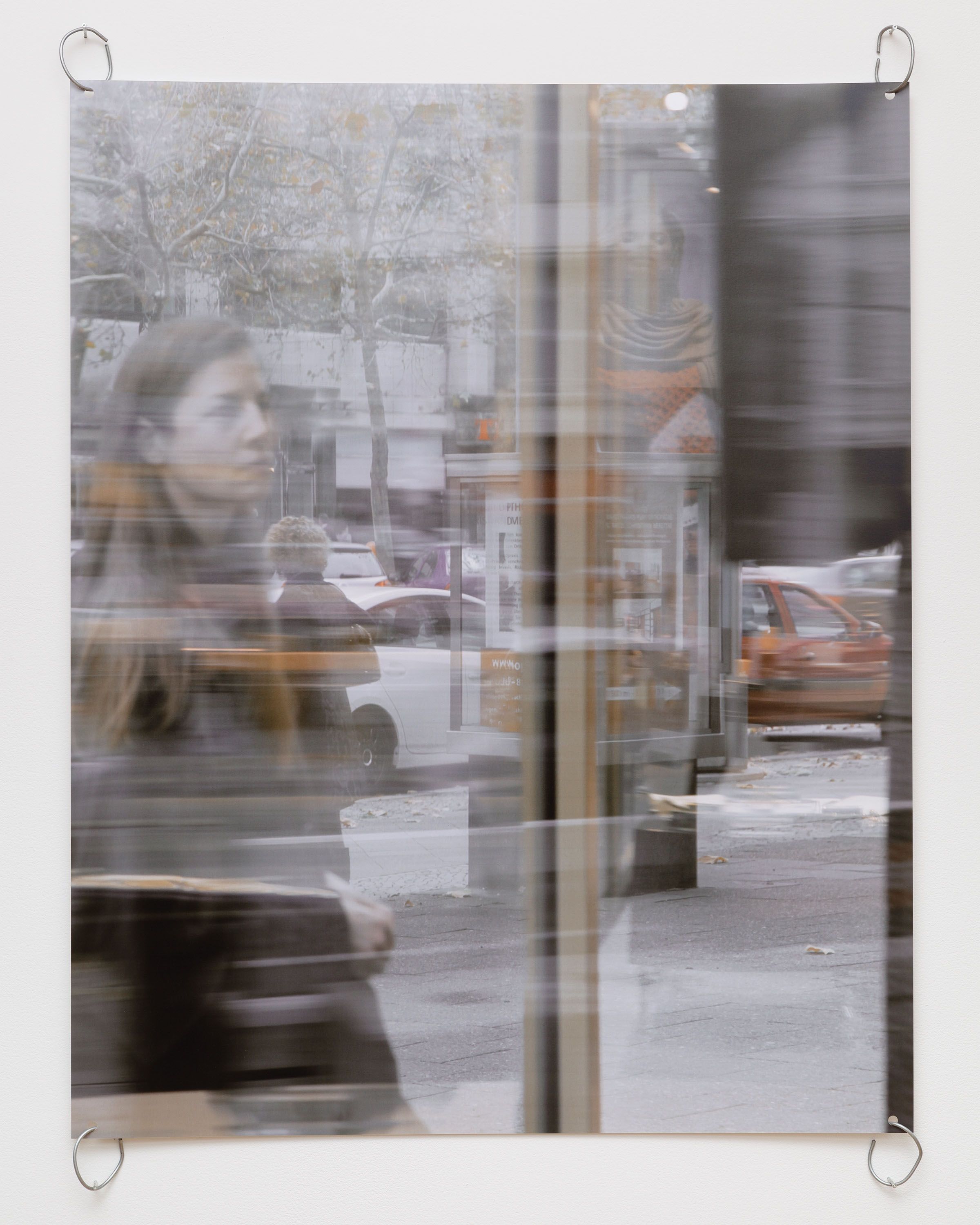
Untitled, 2014
digital c-print, galvanized steel
33 x 24 in
84 x 61 cm
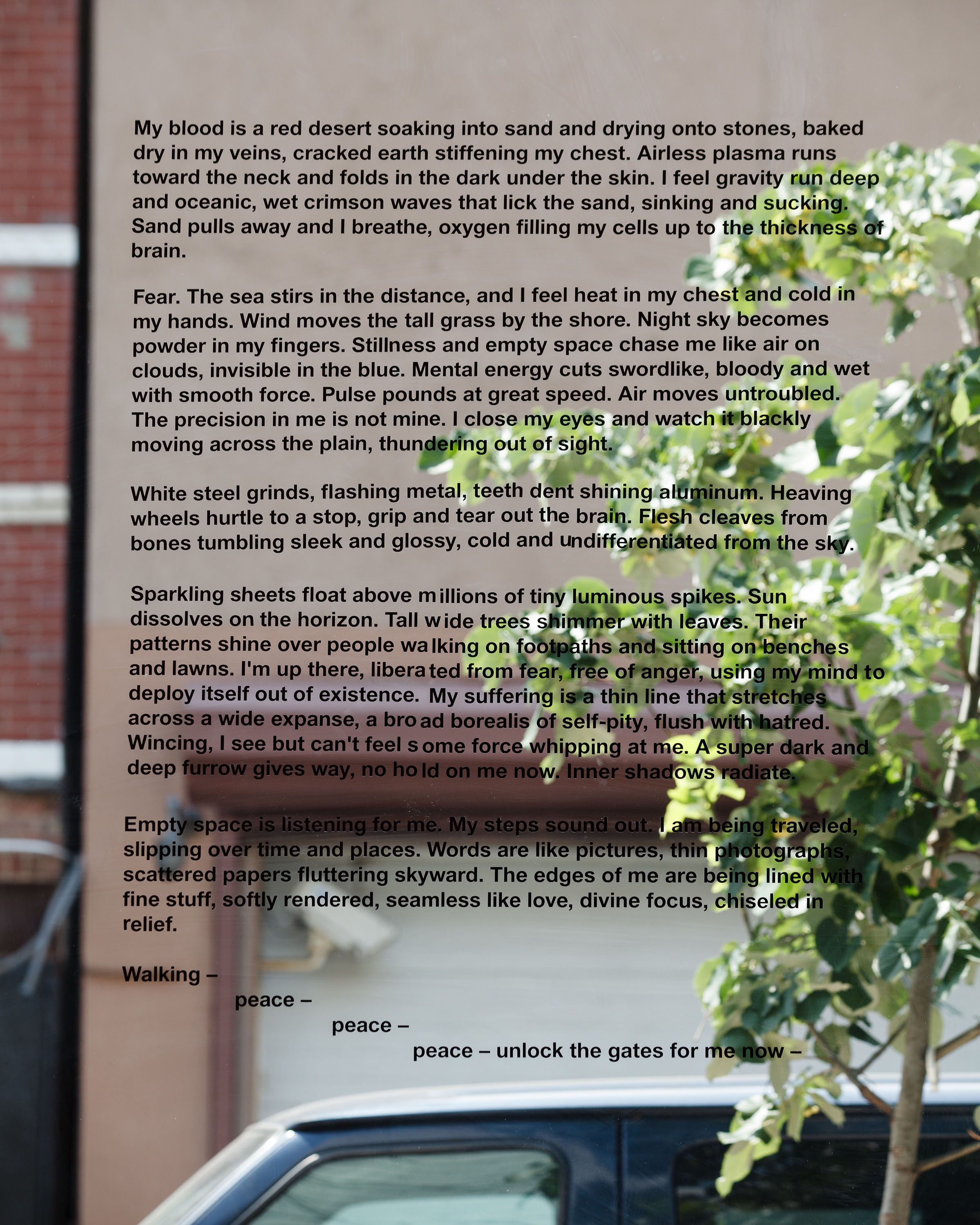
Unlock The Gates, 2014
vinyl letters
dimensions variable